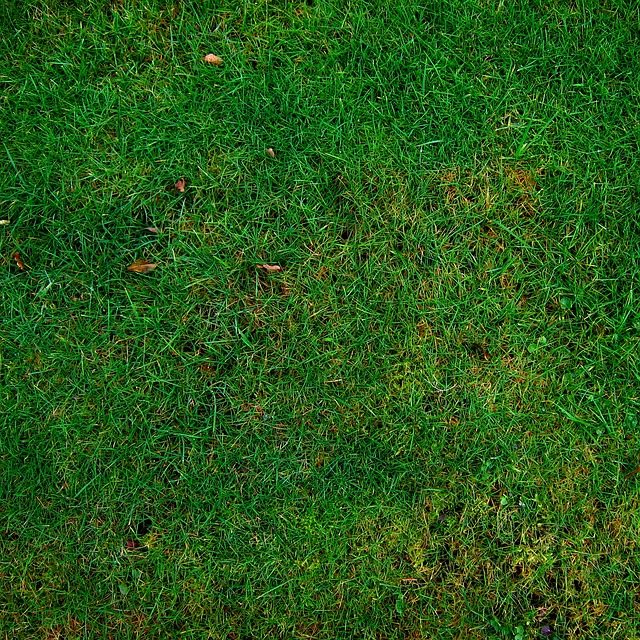Yard waste, when improperly disposed of in landfills, causes environmental harm due to slow decomposition and methane emissions. Sustainable solutions like composting and yard waste recycling programs offer effective alternatives. Composting reduces landfill waste and enriches soil fertility, while recycling transforms materials into mulch or biofuel. Local governments provide curb-side collection services, and community initiatives further enhance sustainability. Adopting these practices benefits both your home and the environment by reducing pollution, preserving ecosystems, saving costs, and lowering water bills through energy-efficient landscaping. Effective Yard Waste Removal and Recycling is a key aspect of these sustainable strategies.
In today’s eco-conscious world, sustainable yard maintenance is not just a trend but a responsible practice. This article explores the significant impact of yard waste on our environment and offers practical solutions for efficient Yard Waste Removal and Recycling. From understanding the environmental footprint of lawn care to implementing effective strategies for recycling, we’ll uncover benefits that extend beyond your lush garden, contributing to a greener planet.
- Understanding Yard Waste Impact and Sustainable Solutions
- Effective Strategies for Yard Waste Removal and Recycling
- Benefits of Sustainable Yard Maintenance Practices at Home
Understanding Yard Waste Impact and Sustainable Solutions

Yard waste, such as grass clippings, leaves, and twigs, may seem harmless, but their impact on the environment can be significant. When sent to landfills, organic yard waste decomposes slowly, releasing methane gas, a potent greenhouse gas that contributes to climate change. Moreover, traditional yard waste removal methods often rely on fuel-guzzling trucks, further exacerbating environmental issues.
However, sustainable solutions exist to mitigate these problems. Implementing practices like composting, where organic matter is recycled into nutrient-rich soil amendments, reduces the amount of waste sent to landfills and provides a natural alternative for nourishing lawns and gardens. Additionally, yard waste recycling programs allow for the transformation of clippings and leaves into mulch or biofuel, further closing the loop on resource use and reducing carbon footprints.
Effective Strategies for Yard Waste Removal and Recycling

In the pursuit of sustainable yard maintenance, effective strategies for yard waste removal and recycling are essential. Start by composting organic materials such as grass clippings, leaves, and food scraps to reduce landfill waste and enrich soil fertility. Implement a recycling program for non-organic materials like plastic, metal, and glass, ensuring proper segregation at source to streamline the recycling process. Many local governments offer curb-side collection services for these recyclable items, making it convenient for homeowners to contribute to environmental conservation.
Community-based initiatives like green waste exchanges or compost sharing programs can further enhance sustainability efforts. By collaborating with neighbors, you can share resources and reduce the carbon footprint associated with waste removal. Additionally, consider using eco-friendly tools and equipment powered by renewable energy or manual labor to minimize pollution from gasoline-driven machinery. These strategies not only promote a greener environment but also foster a sense of community engagement in sustainable practices.
Benefits of Sustainable Yard Maintenance Practices at Home

Adopting sustainable yard maintenance practices offers a multitude of benefits for both your home and the environment. By implementing eco-friendly methods, such as reducing chemical use and prioritizing natural solutions, you contribute to minimizing pollution and preserving local ecosystems. For instance, proper lawn care techniques like organic composting not only enriches soil health but also diverts significant amounts of yard waste from landfills, promoting effective recycling strategies.
Additionally, sustainable practices can lead to long-term cost savings for homeowners. Reducing reliance on single-use products and embracing reusable, natural alternatives decreases expenses associated with frequent purchases. Moreover, energy-efficient landscaping, such as strategically placed trees and native plant gardens, can lower water bills and reduce overall maintenance efforts, making your yard both environmentally friendly and low-maintenance.
By adopting sustainable yard maintenance practices, including responsible waste removal and recycling, we can significantly reduce our environmental footprint. Effective strategies discussed in this article empower homeowners to make eco-friendly choices that benefit both their communities and the planet. Integrating these practices not only minimizes the impact of yard waste but also fosters a healthier, more vibrant outdoor space for all to enjoy. Let’s take action today to ensure a greener future, one yard at a time.
